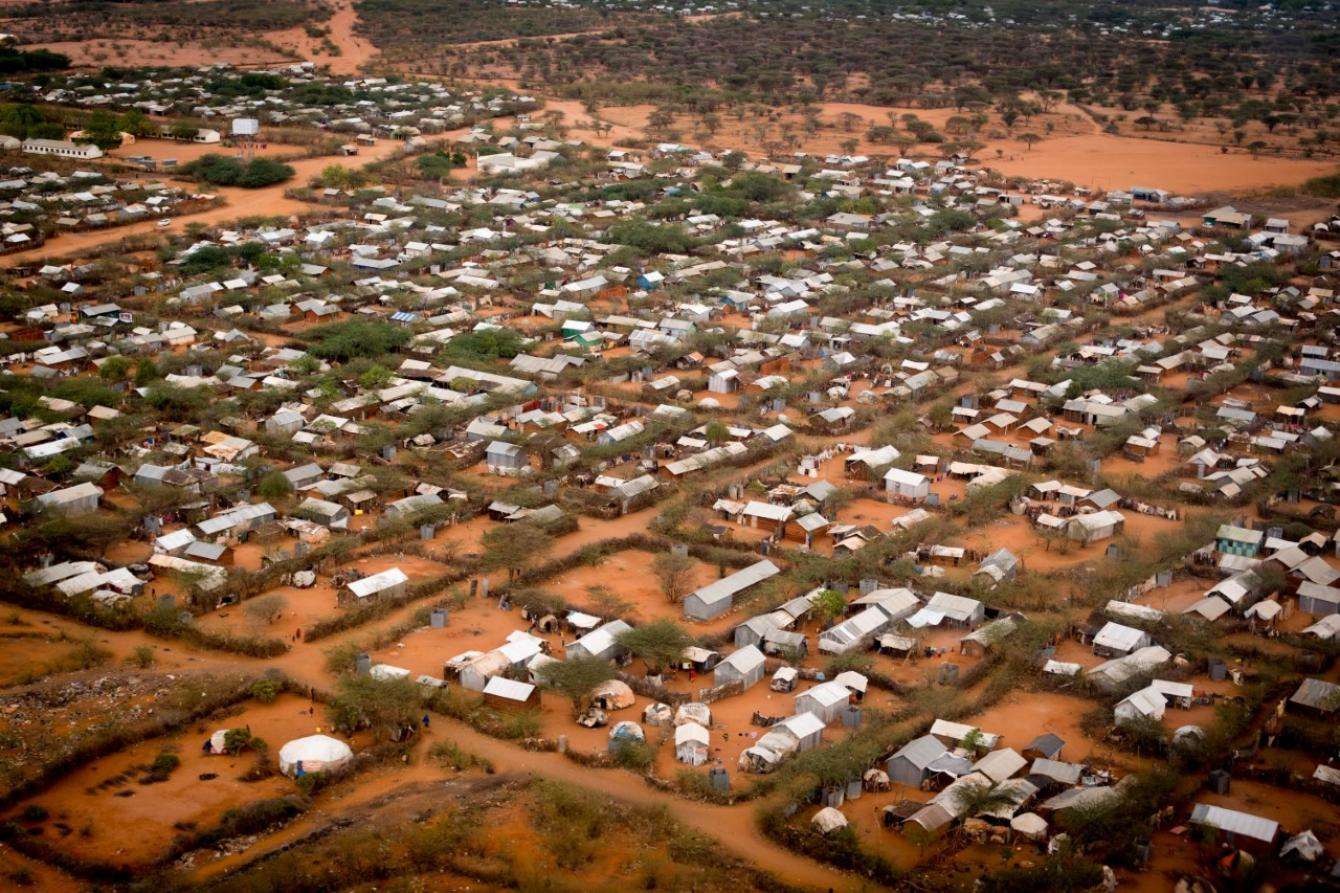As climate change intensifies across Africa, migrants and refugees are increasingly struggling to access adequate healthcare, exposing major gaps in health systems already under pressure.
A new report by the World Health Organization (WHO) underscores how environmental stress, rising displacement, and systemic barriers are combining to create a growing health emergency for displaced populations across the continent.
Migrants and refugees, already vulnerable due to displacement, poverty, and limited legal protections, now face an added burden: the growing impacts of a changing climate.
From prolonged droughts to flooding and heatwaves, these climatic events not only endanger lives but also strain healthcare services, making access more difficult for mobile populations.
The WHO report highlights that migrants often encounter financial, legal, and cultural barriers throughout their journeys, limiting their ability to receive timely and appropriate care.
These obstacles vary by country and region but are exacerbated by climate-related emergencies that disrupt infrastructure and worsen existing inequalities.
A review of interventions across health systems identified 95 relevant actions, most of which (53%) focused on immediate service delivery, particularly in the context of climate disasters.
These include the provision of basic health services, vaccinations, mental health support, and water and sanitation.
Another 37% of interventions addressed governance and workforce development, aiming to include climate-affected migrants in national health plans and train health workers to meet their specific needs.
However, only 10% of efforts tackled financing, medical supply chains, or health information systems areas that are critical for sustainable care delivery. Alarmingly, just six of the 95 interventions explicitly integrated climate mitigation strategies.
The overwhelming majority focused on reactive adaptation, underscoring the need for long-term planning and resilience-building in health systems.
The report calls for a shift from short-term responses toward sustained, inclusive solutions that account for both climate and migration realities. Cross-sector collaboration, community engagement, and policy coherence are essential to building systems that are both migrant-inclusive and climate-resilient.
Evidence gaps remain significant, especially concerning the long-term health outcomes of migrants, the impact of underfunded health components, and region-specific data, particularly in Africa, where climate vulnerability is acute.
The WHO urges investment in research, health system-wide approaches, and integration of climate and migration lenses in national and regional planning.
Without bold action, experts warn that climate change will continue to drive displacement and deepen health disparities among migrant populations in Africa.
The report concludes that strengthening health systems now is not only a matter of equity, it is an urgent imperative.

